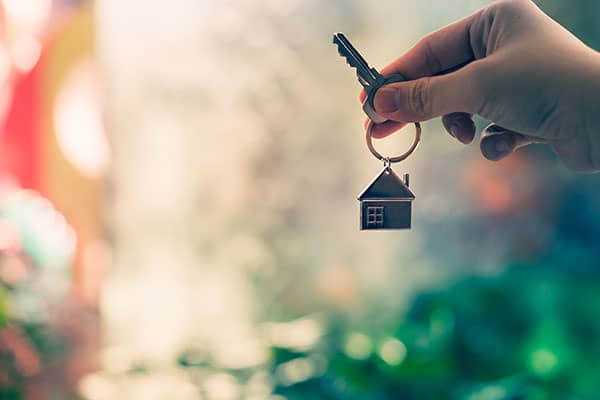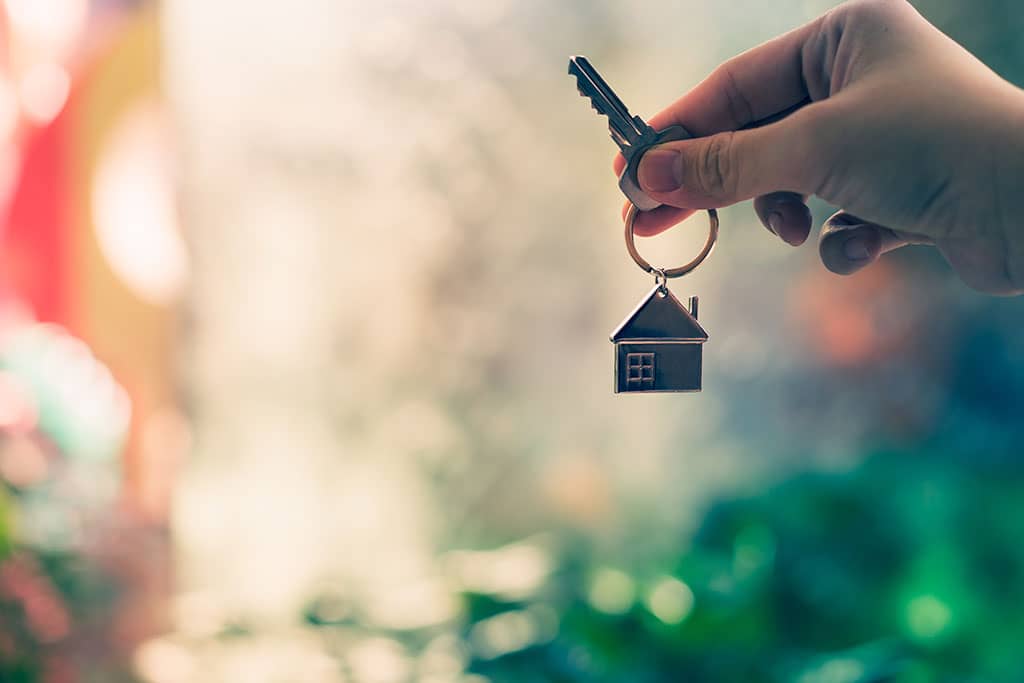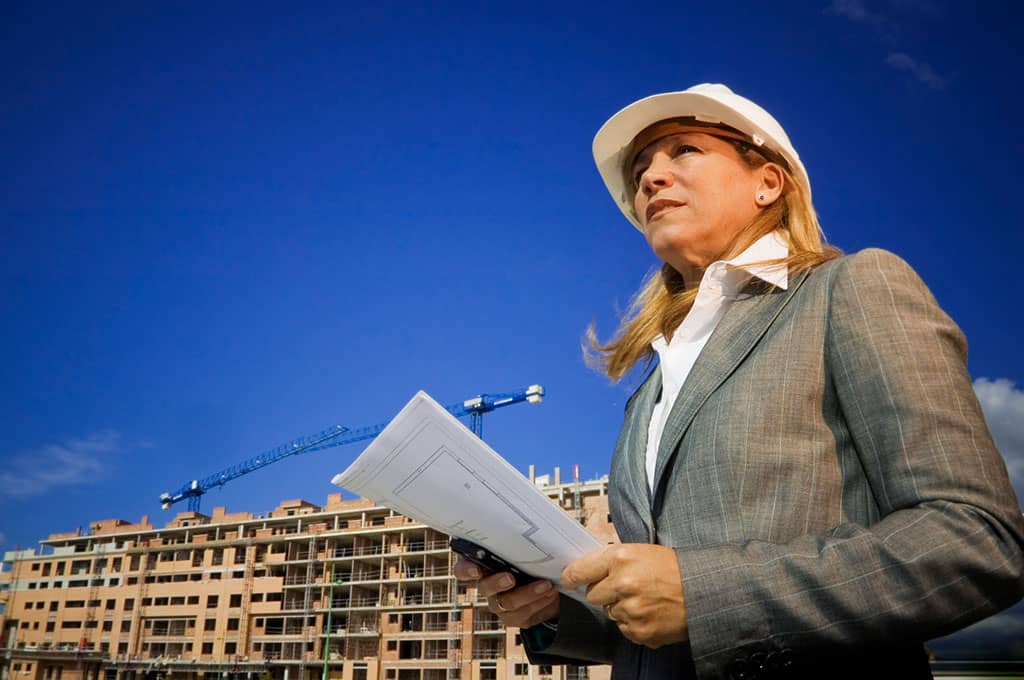Statutory surveys when buying a property in France, are an integral part of the property sales process in France, and they’re important for both buyers and sellers to be aware of. Not only are they legal requirements that the French property seller must follow, but they provide the potential buyer with important, must-know information so they can make an informed purchase – or decide whether or not to proceed with the purchase at all.
Table of Contents
What Are Statutory Surveys?
When selling a French property, the seller must arrange for specific reports and surveys to be prepared – this is a legal requirement, so it’s not a part of the process that can be skipped. Collectively, the required property surveys are referred to as the Dossier de Diagnostic Technique (DDT). When they’re completed, they go with the sale and purchase agreement, and they’re made available to the buyer.
Who Benefits from the Statutory Surveys?
Statutory surveys help the buyer to be better informed about the property they’re considering buying. Some property surveys in France, like the septic tank survey, can affect how much the buyer will pay for their property overall if they have to make major and expensive changes to get it up to compliance post-sale. By having the information in the survey before the sale, the buyer can negotiate a different price with the seller to offset these costs. Or, they may decide that the property’s quality is too low and that they don’t want to proceed any further with the purchase.
For sellers, it’s important to handle the DDT, as it’s a legal requirement to provide the documents to the buyer. If there’s any information missing, the seller is responsible for that.
Who Arranges and Pays for the Statutory Surveys?
The property surveys must be arranged for by the seller. The person who the seller hires to handle the surveys should have accreditation from COFRAC, the French accreditation committee. The seller also pays for the cost of the surveys, and the amount paid can be tax-deductible.
When Are the Property Surveys Usually Carried Out?
Many of the surveys in France have time limits, which can determine when the seller opts to have them handled. We’ll go over the time limits in our list of the different surveys.
The energy performance survey must be carried out before advertising the property. Because of this requirement, some sellers opt to have all of the surveys done during this time so they’re all completed together.
However, it’s important to know that some of the reports have a six-month validity period. That means that if you sell your property after that time period has passed, the reports will have expired, and you’ll have to have them done again.
What Are the Different Statutory Surveys in France?
Now we’ll go over the surveys and reports that the property seller has to arrange for.
The surveys that fall under state risks and pollution, which may include those related to natural hazards, radon and soil, typically have a six-month duration.
Asbestos (Amiante)
This reports on the presence of asbestos or of materials or products that contain asbestos.
This is required for properties that were granted planning permission before July 1, 1997.
If no asbestos is detected, the report’s period of validity is unlimited. If asbestos is detected, a new survey has to take place within three years of the diagnosis. If the report is from before 2013, even if there was no asbestos found, there has to be a new survey when the property is going to be sold.
Electrical Wiring
This reports on the condition of the indoor electrical installation if the wiring is more than 15 years old.
The report is valid for three years.
Energy Efficiency (Diagnostic de Performance Energétique, or DPE)
This report is on the property’s energy performance.
The report is valid for 10 years. If substantial work has been done to the property, a new survey will be needed regardless of the 10-year time frame.
Gas Installations (Installations de Gaz)
This reports on the natural gas installation if it’s been installed for 15 years or more.
The report is valid for three years.
Lead (Constat de Risque d’Exposition au Plomb, or CREP)
This reports on the presence of lead or of paintwork that contains lead.
This is required for properties built before 1949.
This report must be dated within one year of the sale of the property if the presence of lead is above a specific threshold. Otherwise, the report’s validity time frame is unlimited.
Natural or Industrial Risks (Risques Naturels ou Technologiques)
This reports on natural risks as well as industrial risks that the property is prone to, as well as previous insurance claims that relate to a natural disaster.
This survey is only required in certain parts of France.
Radon
This reports on the potential radon risk.
This is not required in all areas of France.
Septic Tank
This reports on the septic tank’s condition.
New owners are required to bring septic tanks up to the standard of compliance within one year.
Soil (Étude Géotechnique)
This is a geotechnical study that’s technically separate from the rest of the DDT.
This is not required in all areas of France.
Termites (État des Risques Parasitaires)
This reports on the presence of termites or other destructive pests.
This is only required in certain areas of France.
The report must be dated within six months of the sale contract.
To Summarise Statutory Surveys When Buying a Property in France
Ultimately, the Dossier de Diagnostic Technique (DDT) is a way to protect the property buyer. For buyers, it’s important to get all of the information possible about a property so that they fully understand the state of the home and land they’re going to purchase.
HOMEHUNTS property agents are able to select beautiful, luxury French property based on your specific search criteria. Whether you want to live in a bustling town or city, or in a more tranquil setting, there is a luxury property in France to fit your requirements. Search the HOMEHUNTS website and browse our selection of luxury homes. Alternatively, you can talk directly to one of our property consultants at +33 (0)970 44 66 43.
Check out our essential advice guide on buying a property in France for more information about various aspects of buying property in France.






